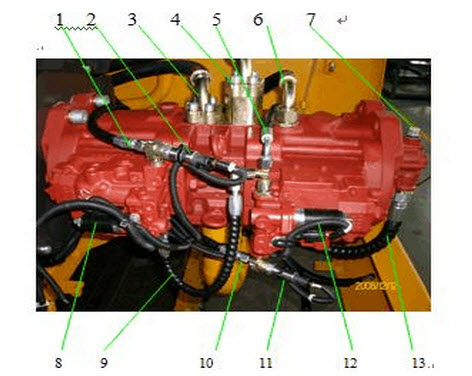The nurse notices that a client with obsessive-compulsive disorder washes his hands for long periods each day. How should the nurse respond to this compulsive behavior()
A. By designating times during which the client can focus on the behavior.
B. By urging the client to reduce the frequency of the behavior as rapidly as possible.
C. By calling attention to or attempting to prevent the behavior.
D. By discouraging the client from verbalizing anxieties.
参考答案:A
解析:
The nurse should designate times during which the client can focus on compulsive behavior or obsessive thoughts. Frequency of the compulsive behavior should be reduced gradually, not rapidly. The nurse shouldn’t call attention to or prevent the behavior; doing so may cause pain and terror in the client. Encouraging the client to verbalize anxieties may help distract his attention from the compulsive behavior.

